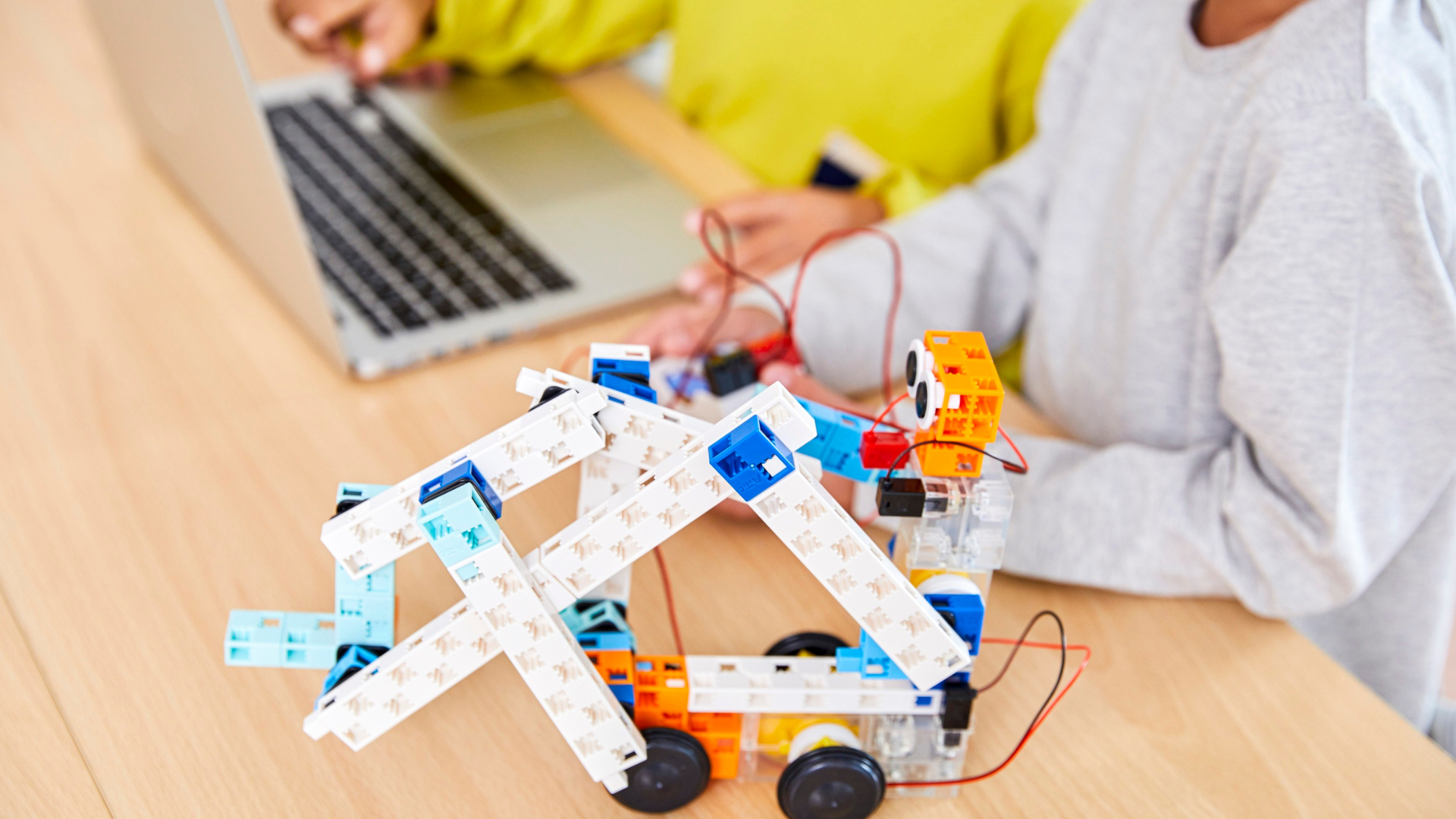Children have a right to enjoy online platforms safely
Eurochild welcomes the IMCO report calling for a ban on addictive features of digital platforms, a key step in protecting children in the online environment and upholding their rights online.
Social media is becoming always more present in children’s life and, even if this can have some positive sides, it is key to understand and explore its negative consequences. Indeed, a research published by the European Parliament has shown that the addictive and pervasive design features of online platforms can have damaging effects on users: depression, anxiety, stress, low self-esteem, sleep and attention issues. Children are particularly affected by these features,often referred to as ‘Dark patterns’.
Dark patterns are deceiving tricks and designs used on online platforms aiming at subconsciously manipulating the behaviour of their users. Examples include:
- Deliberately confusing design (to lead children to accept cookies and the unnecessary processing of their data );
- Hiding costs or offering a seemingly free service, then hiding it behind a paywall or subscription;
- Making subscription to content, newsletter, or notifications very easy, but making their cancellation very complicated;
- Using addictive designs exploiting vulnerabilities of users to maximize interactions or the time children stay in the platform, like endless scrolling and autoplay on social media.
The IMCO Committee recently approved an initiative report aiming at tackling these threats in the EU, highlighting that Internet-use-related addiction are similar to alcohol or gambling ones.
As cornerstone of the business plan of social media platforms, designers are tasked with creating a design that maximizes time spent and interactions of users. The excess of notifications and addictive features creates a mental toll on users and has disastrous repercussions, particularly on children.
Eurochild welcomes the approach of this report calling for the prohibition of dark patterns on online platforms and the promotion of safety-by-design. For example, making some pervasive features like the scrolling or the notifications by default optional or including warnings after excessive usage time contribute significantly to creating safer online experiences for children online. Children’s rights and wellbeing must be prioritised ahead of business objectives.
Children have the right to use online platforms without suffering from predatory measures manipulating their behaviour. While we approve the role of this report that complements other legislation protecting them from the harmful effects of the internet, we warn that it is not a legally binding instrument. Under the UNCRC and General Comment No. 25, states have the obligation to legislate so that online platforms provide safe experiences for children.
Eurochild urges the European Commission to turn this report into legislation and act towards creating a safer online world for children by design.




